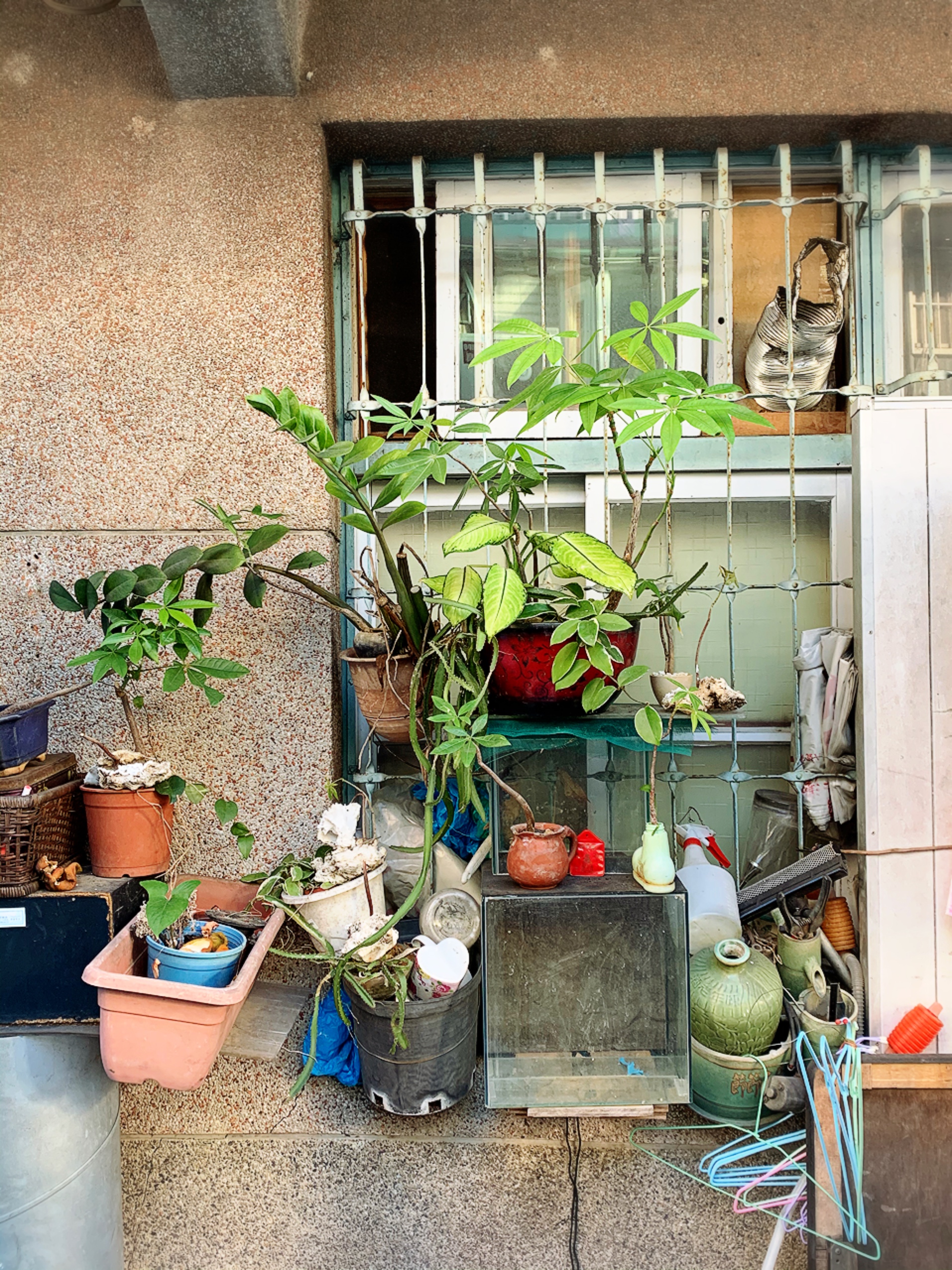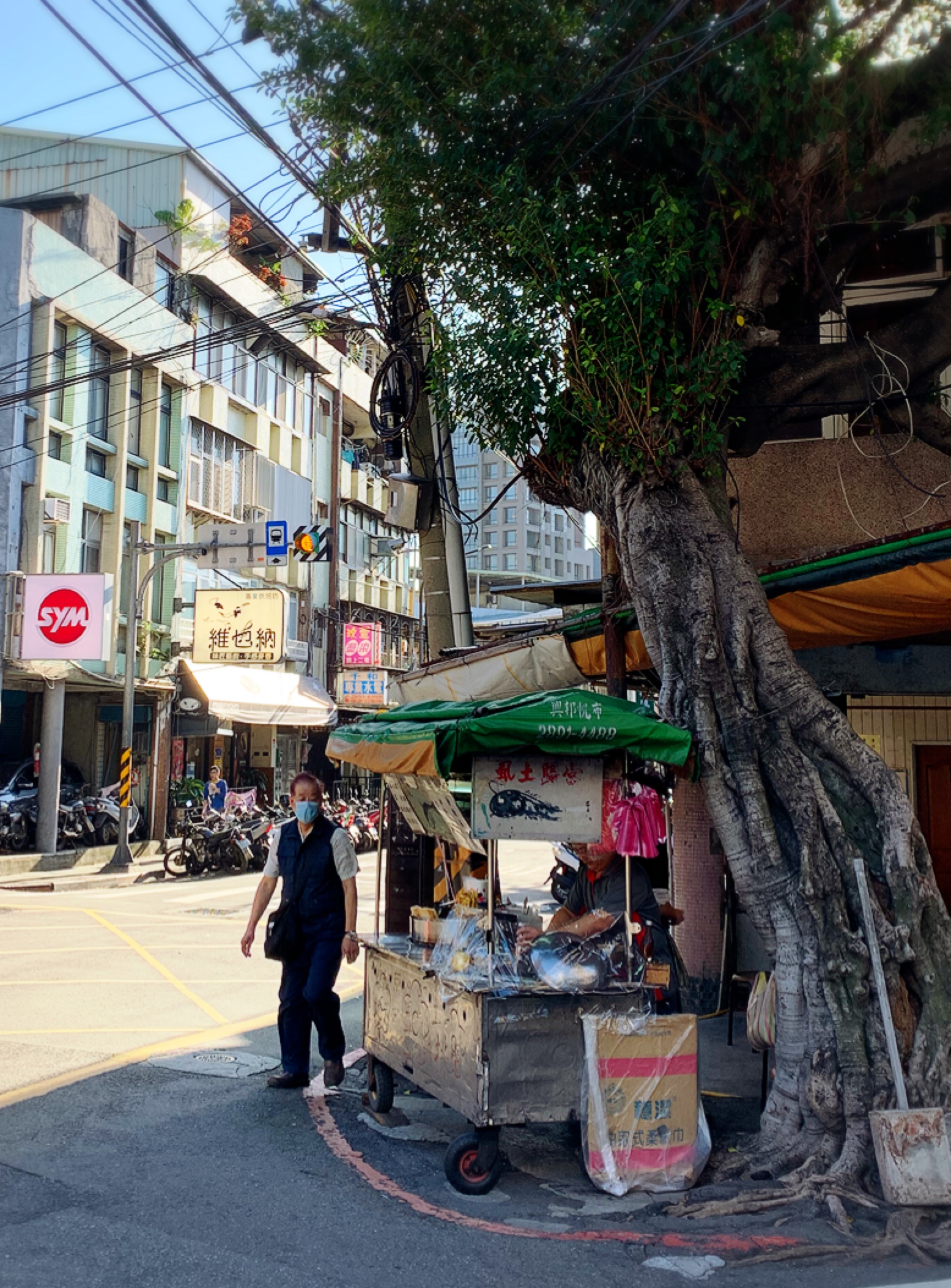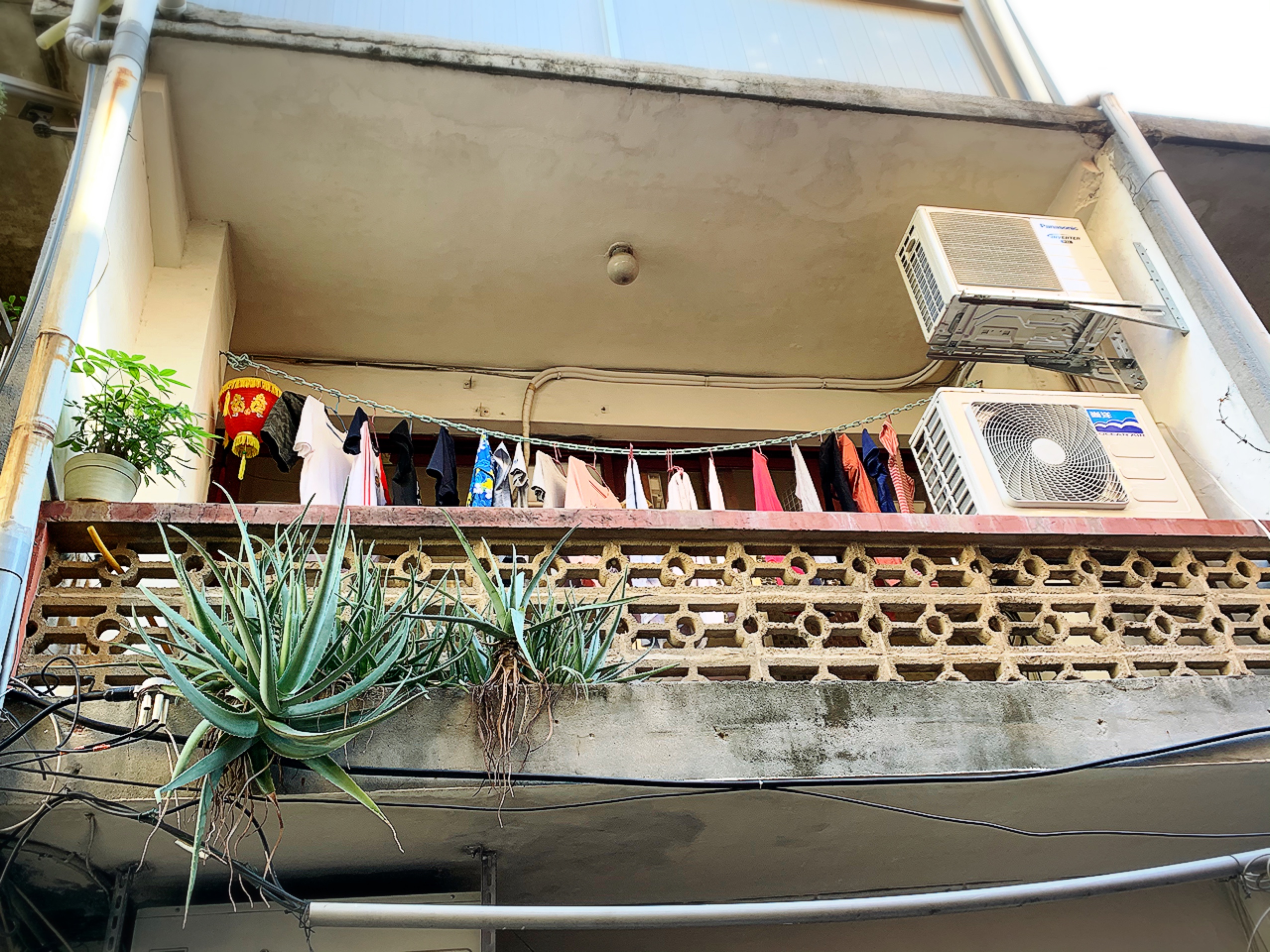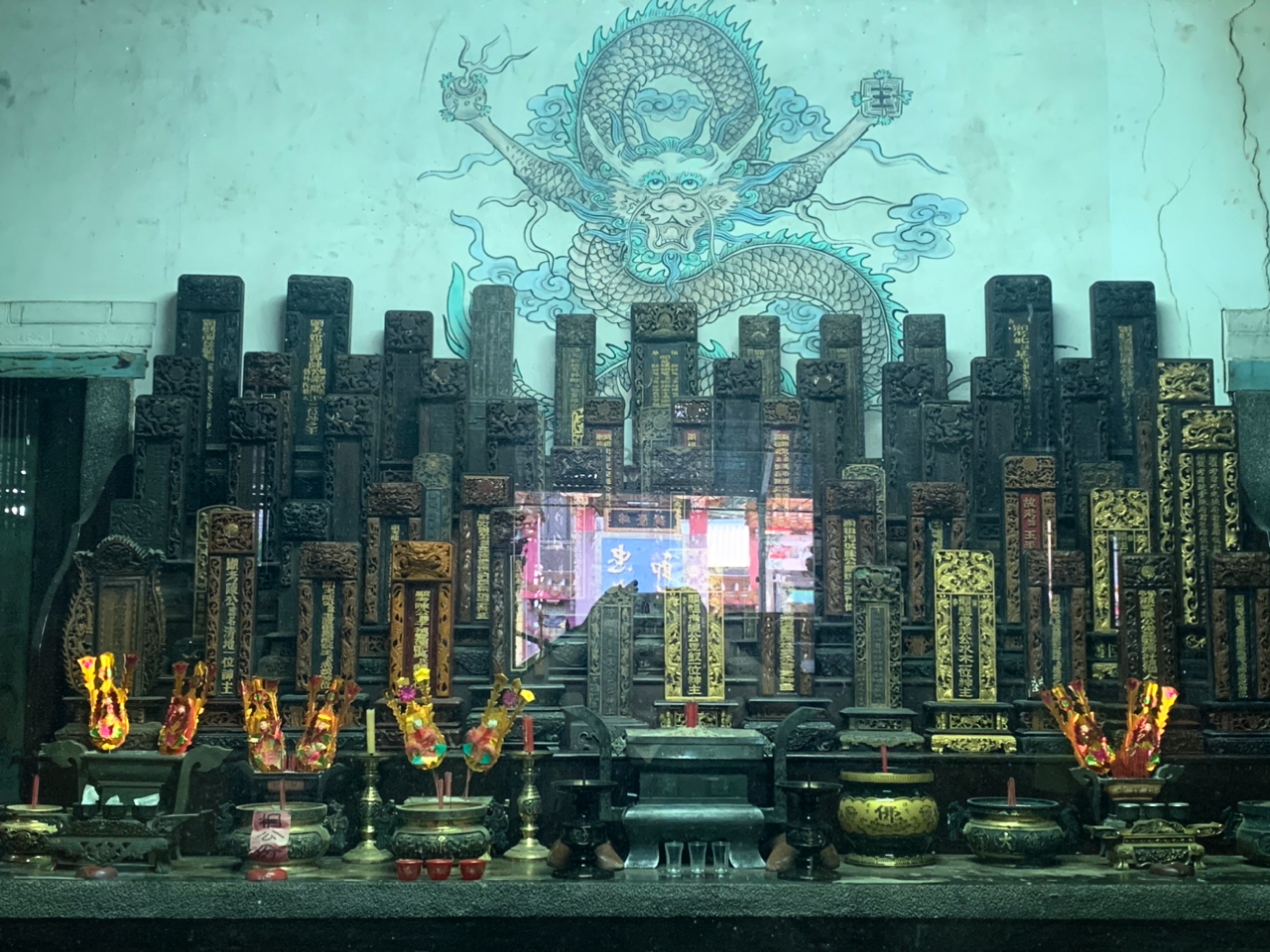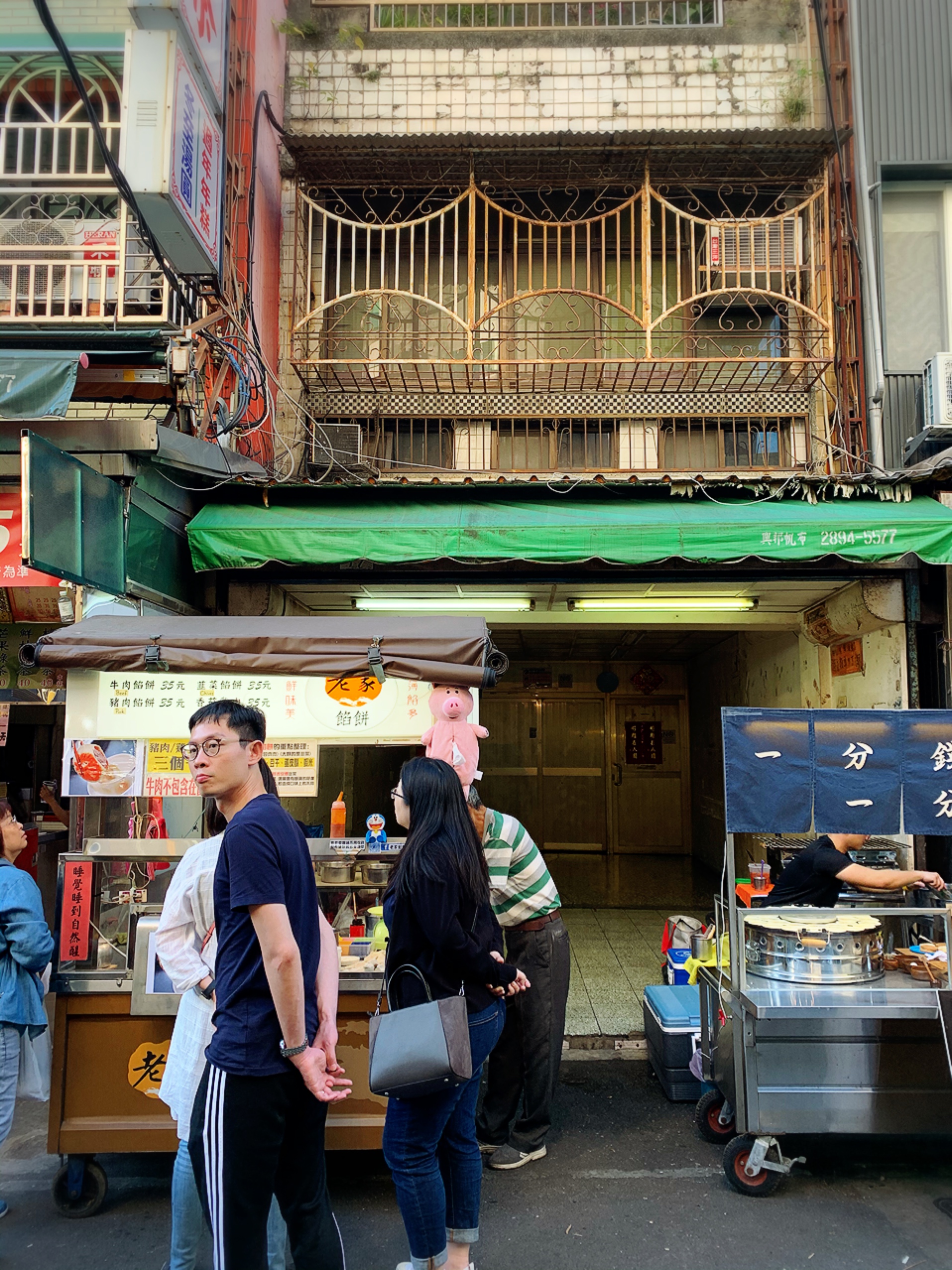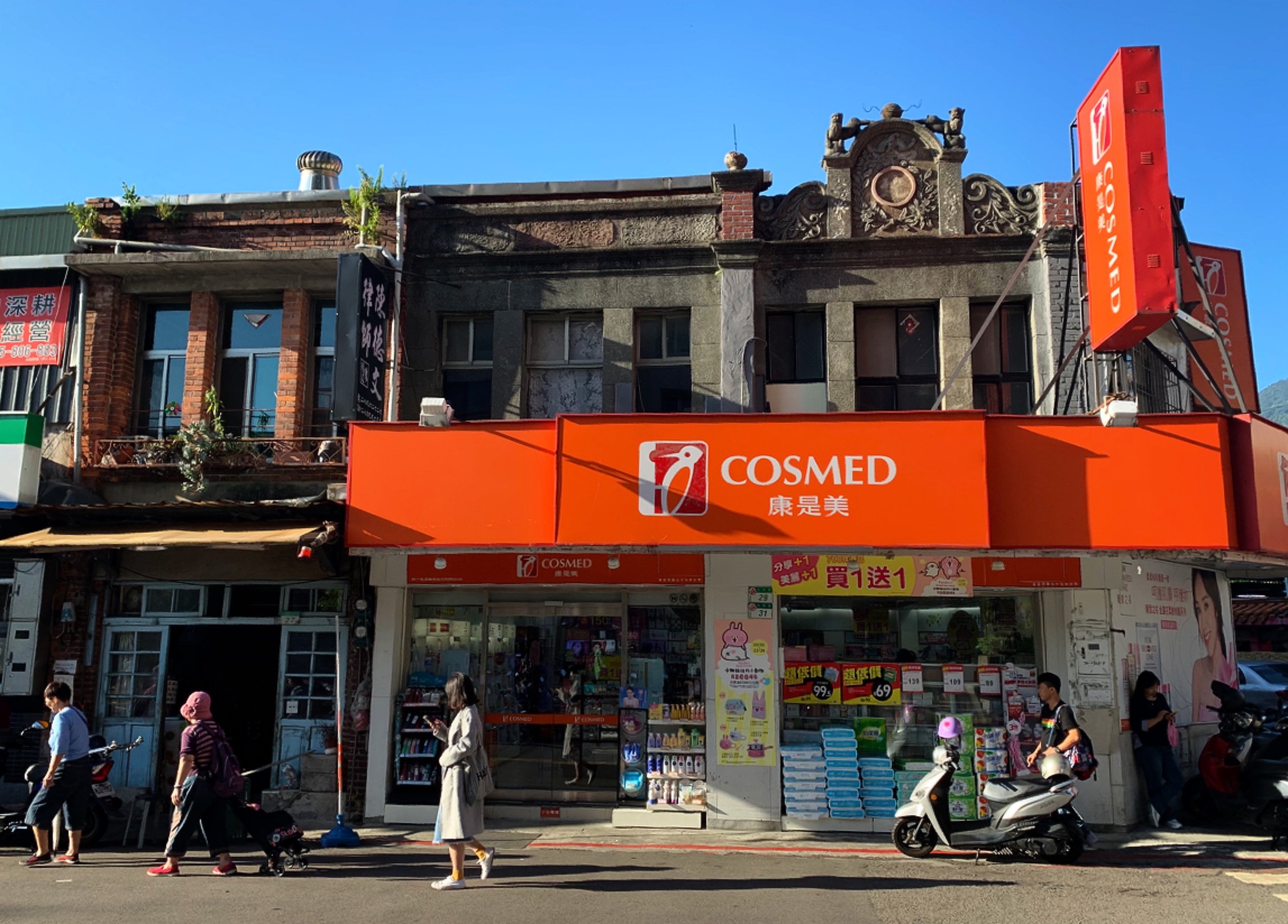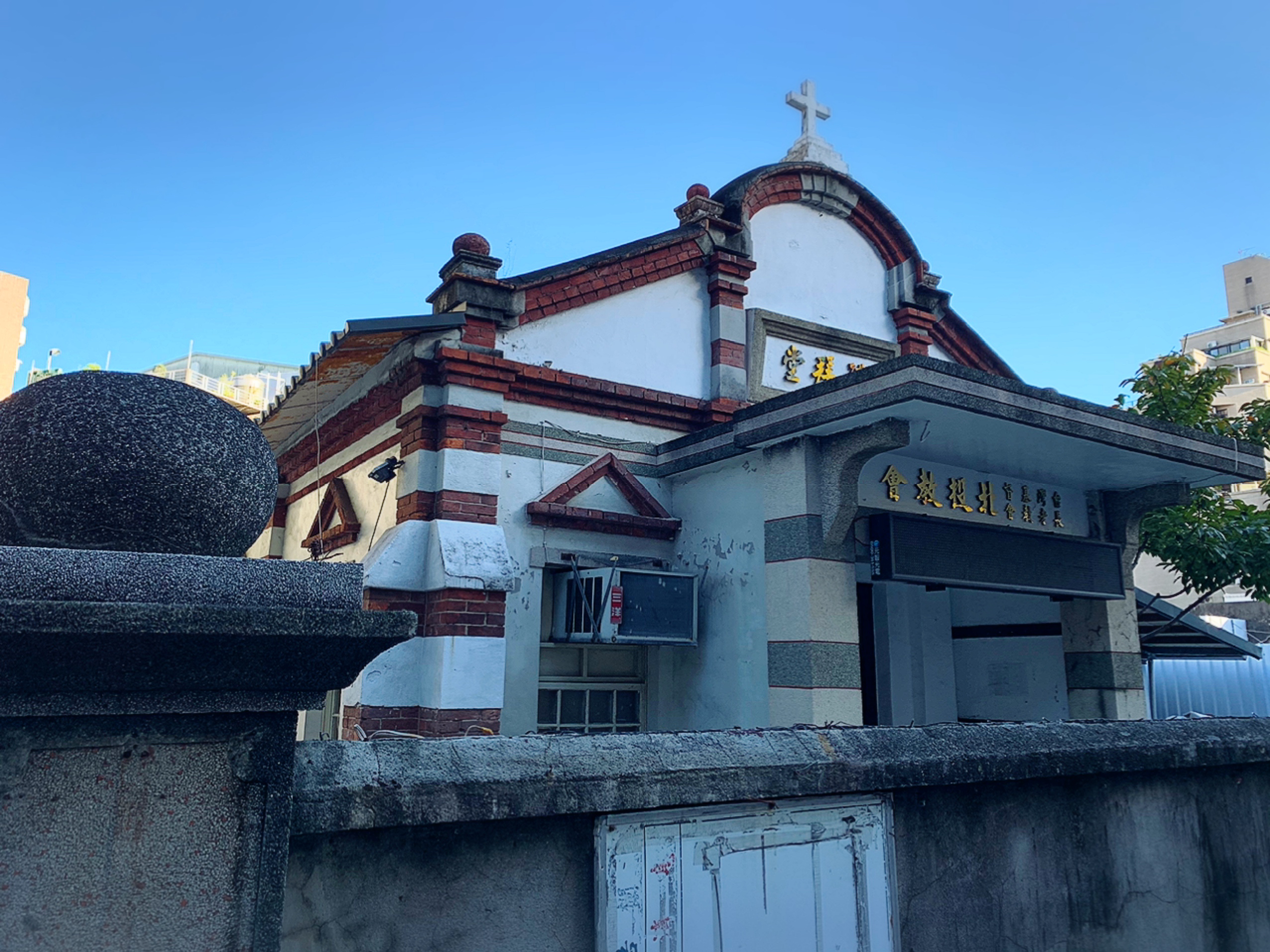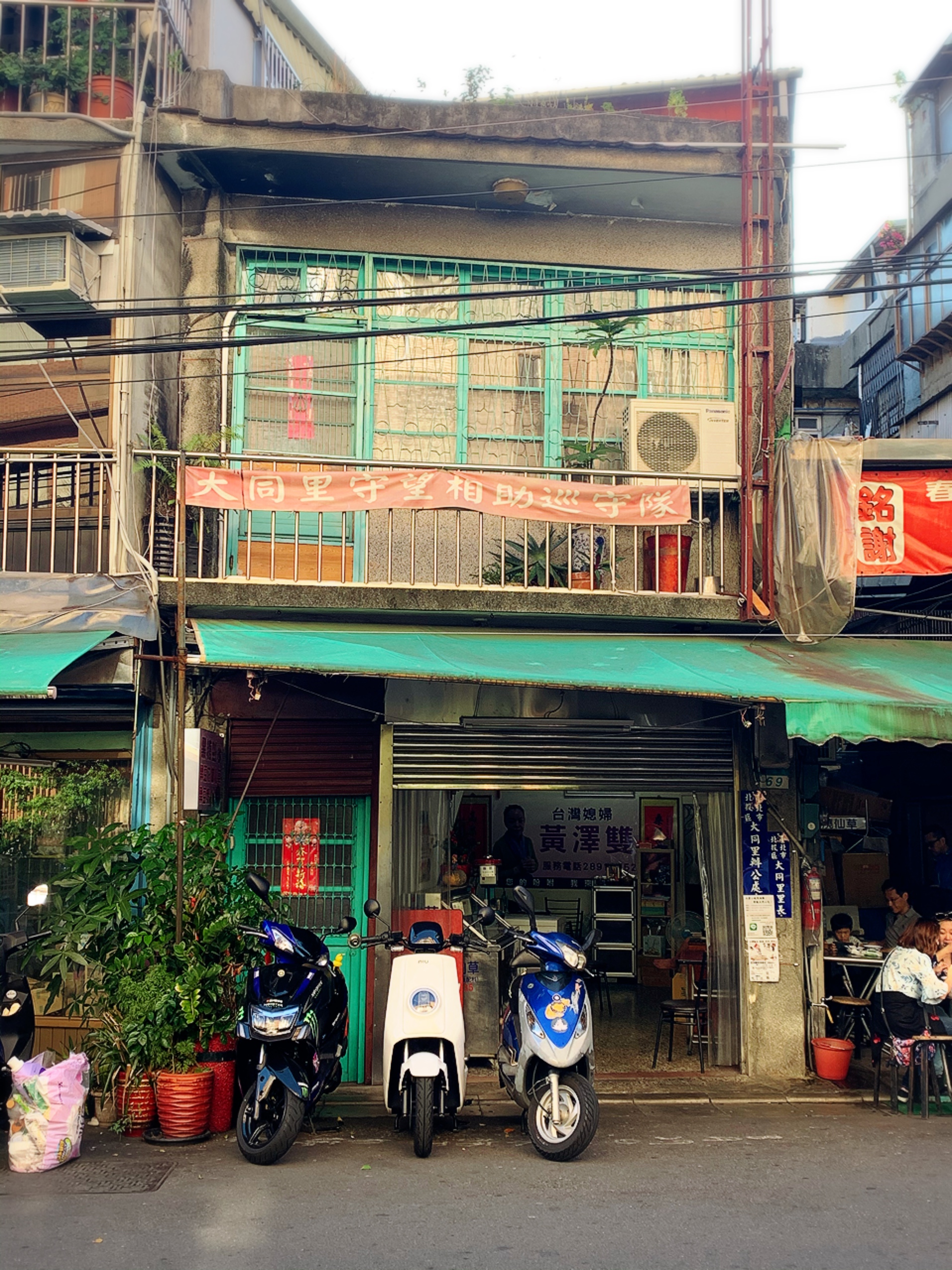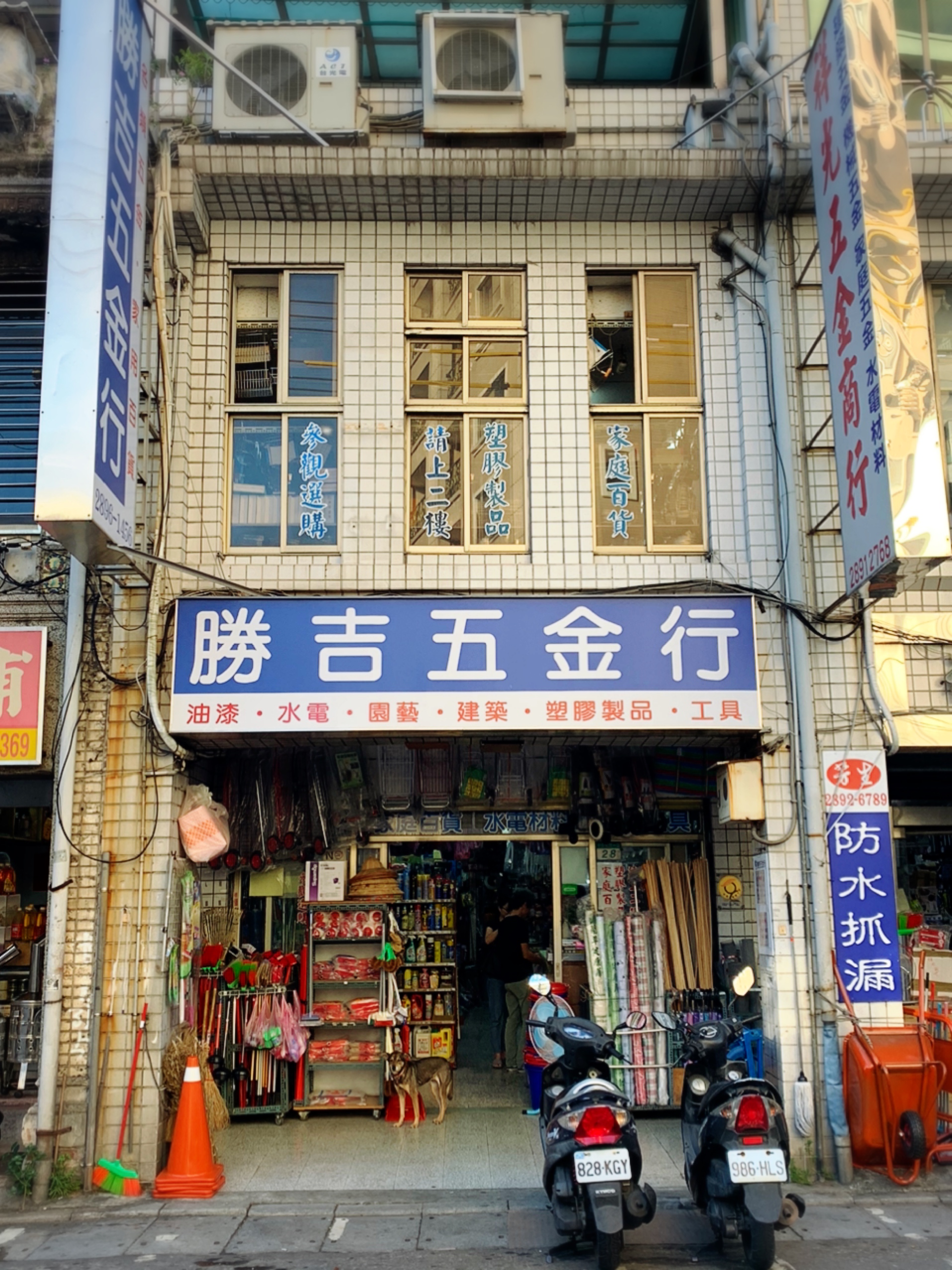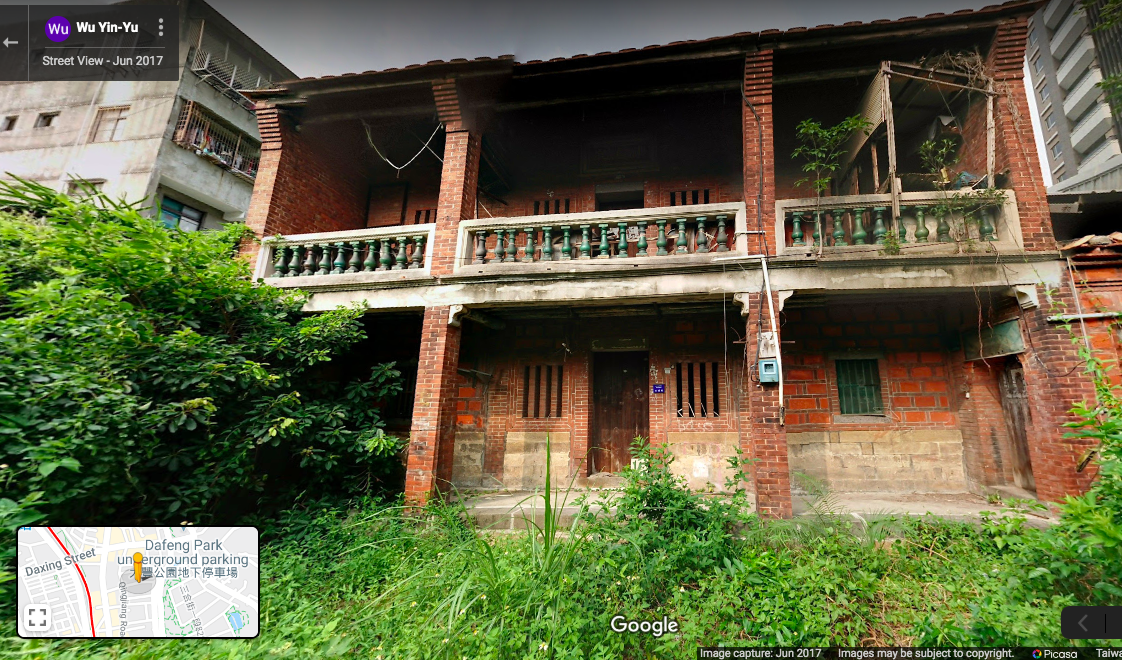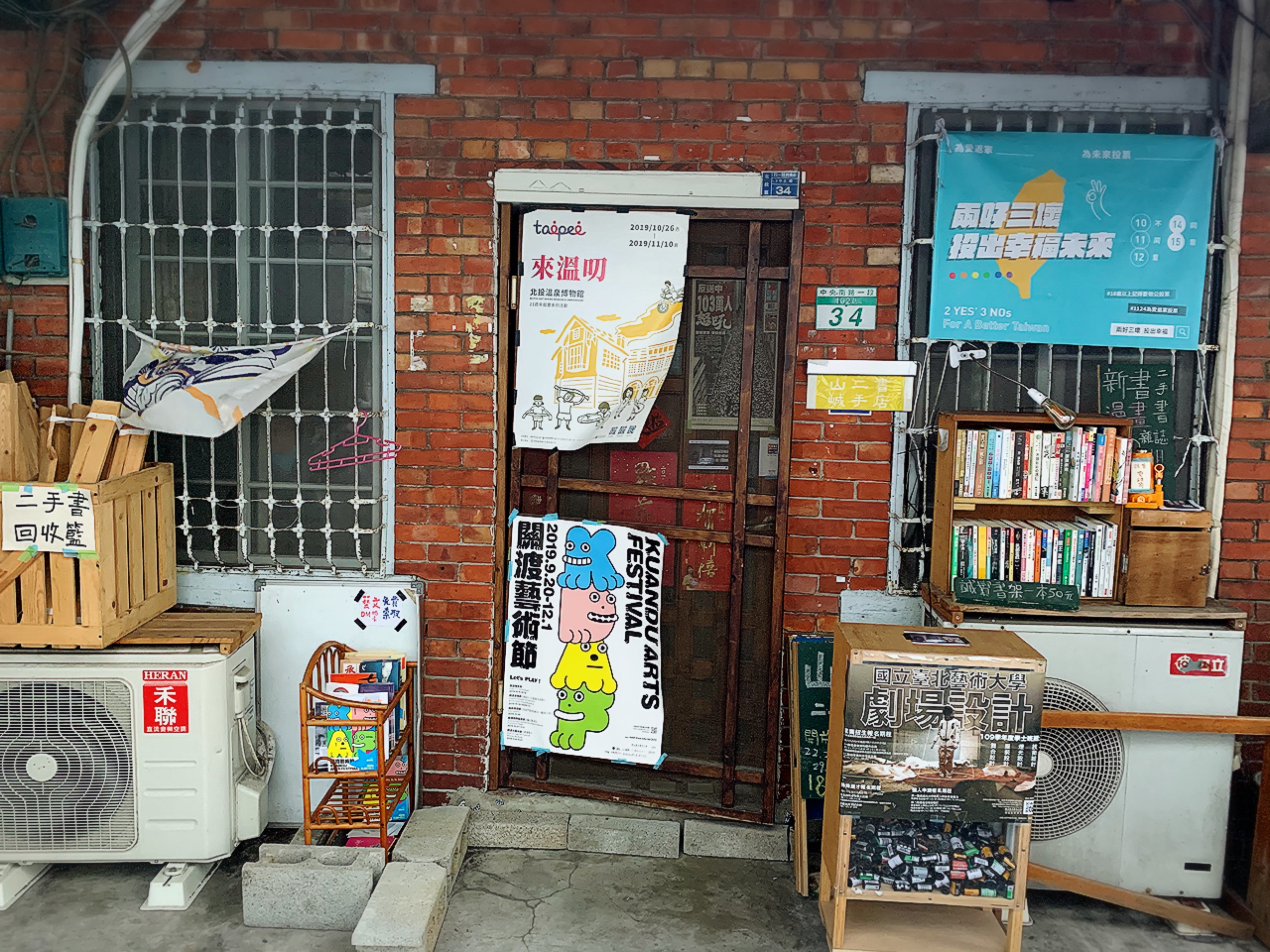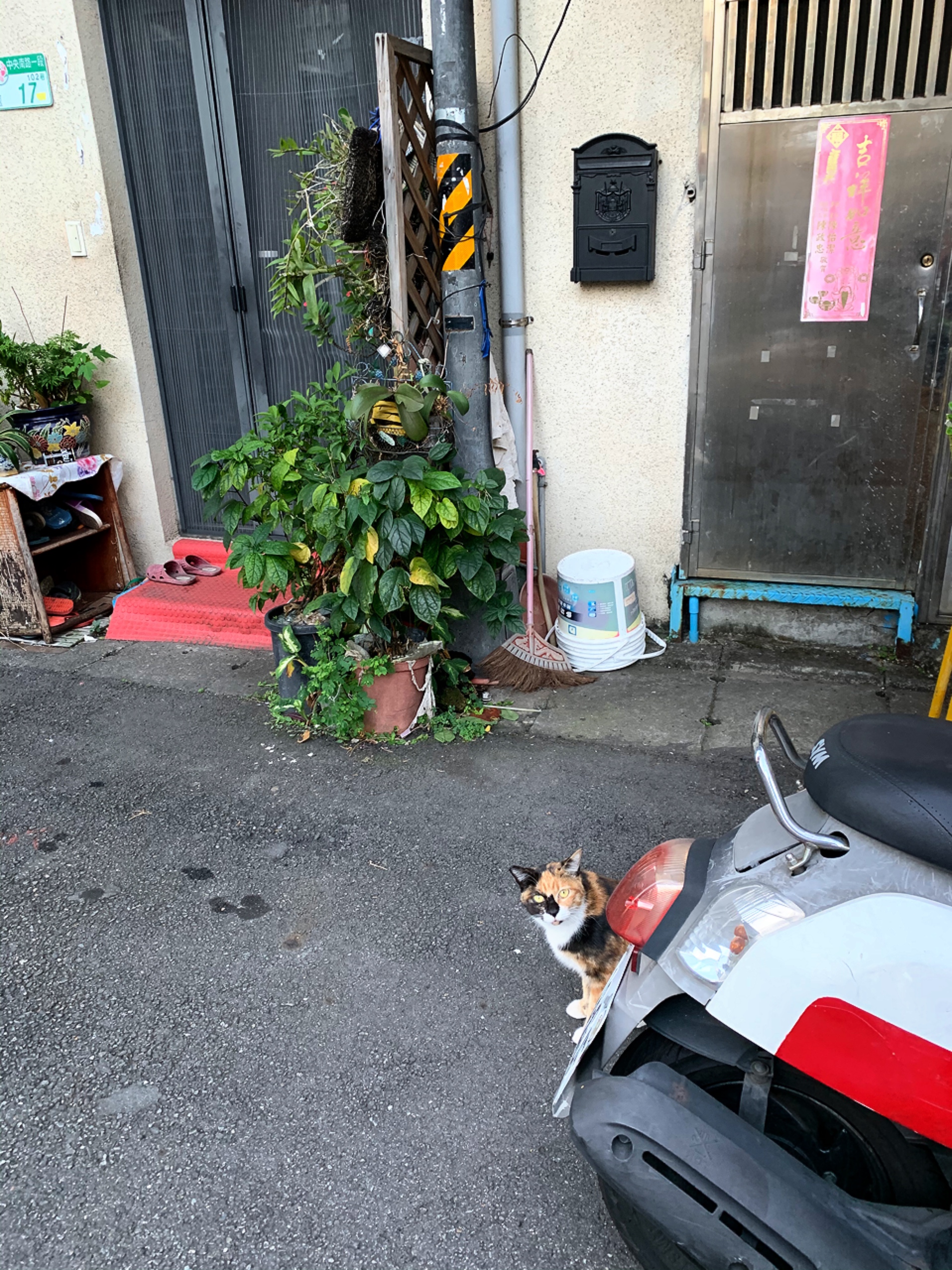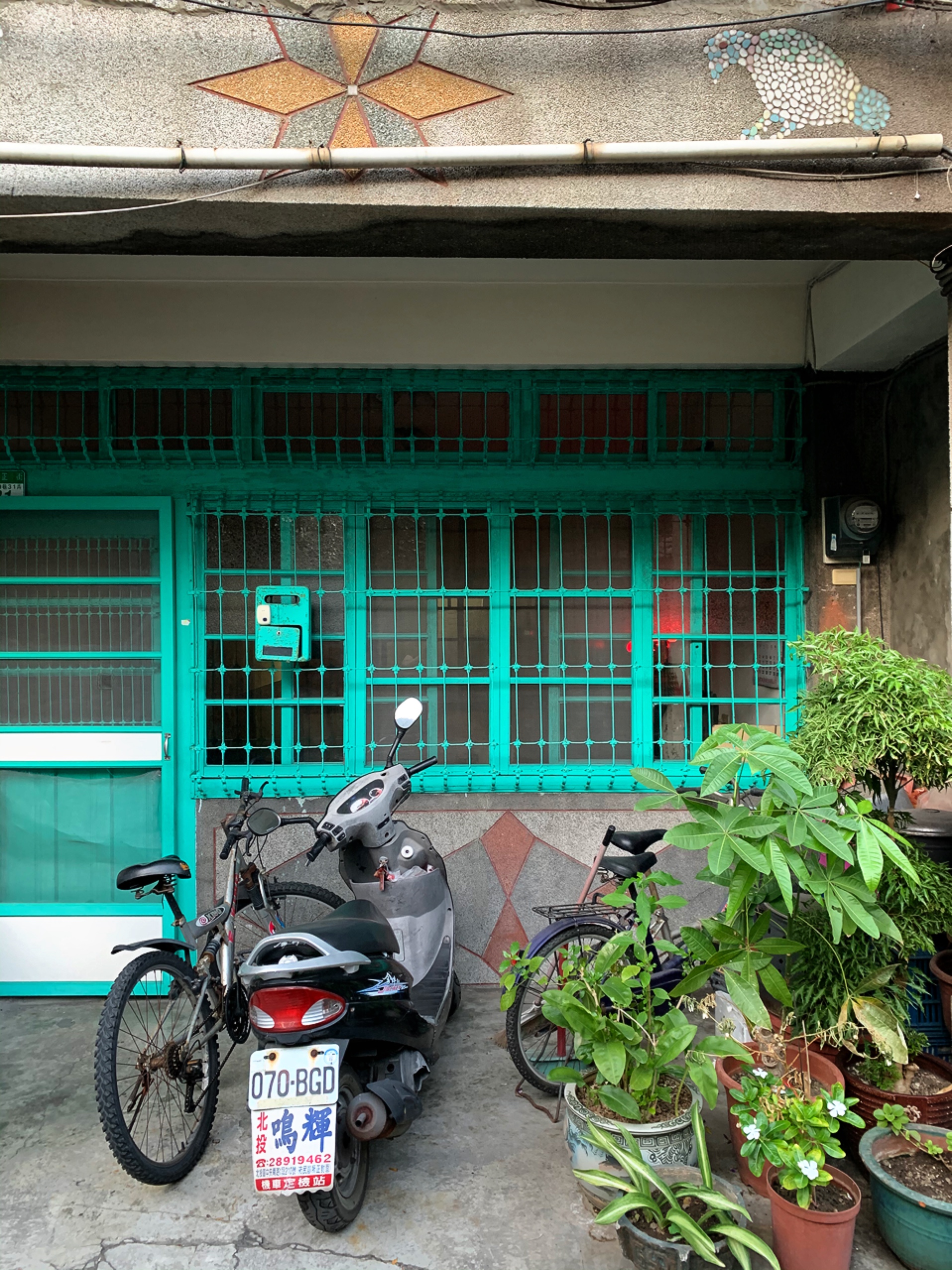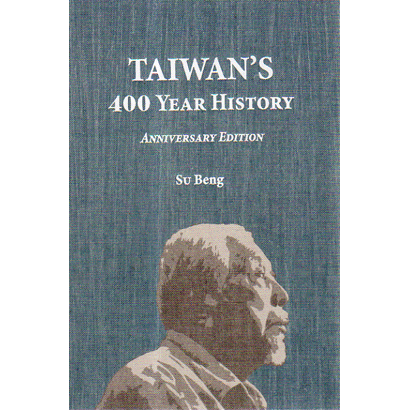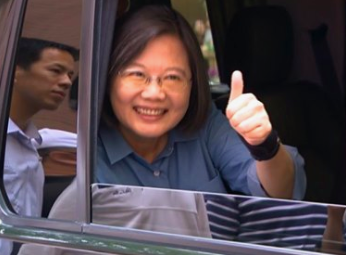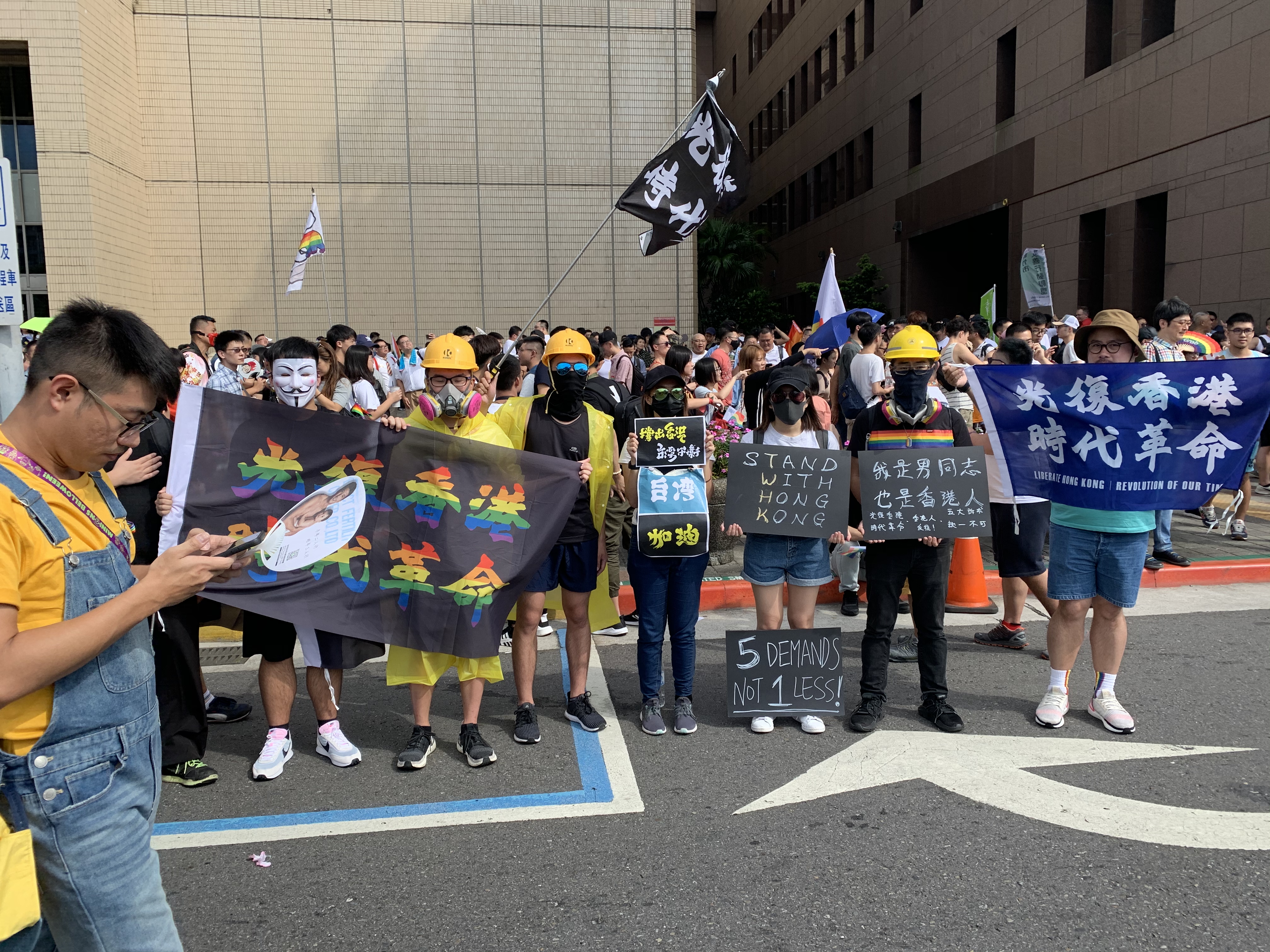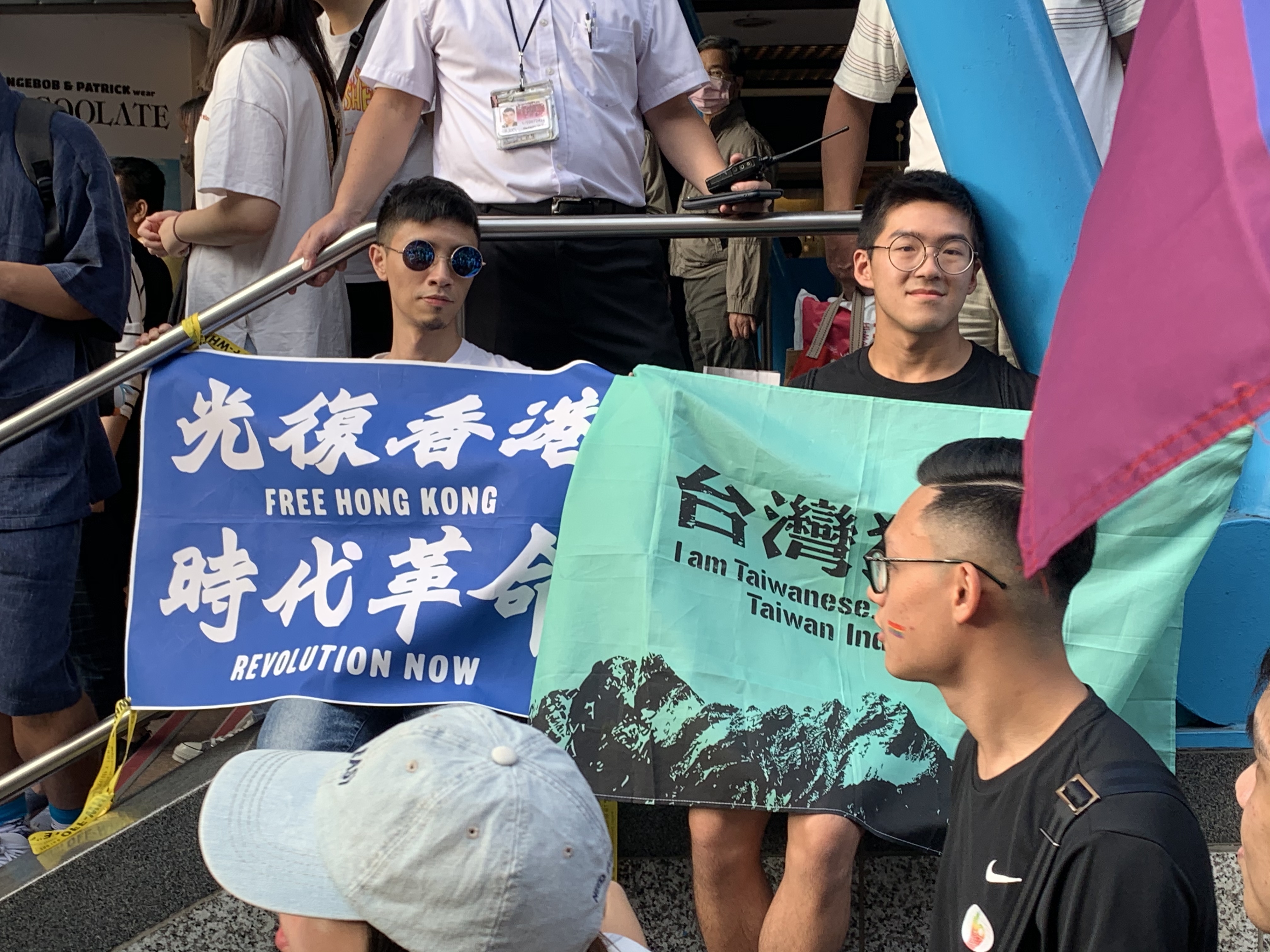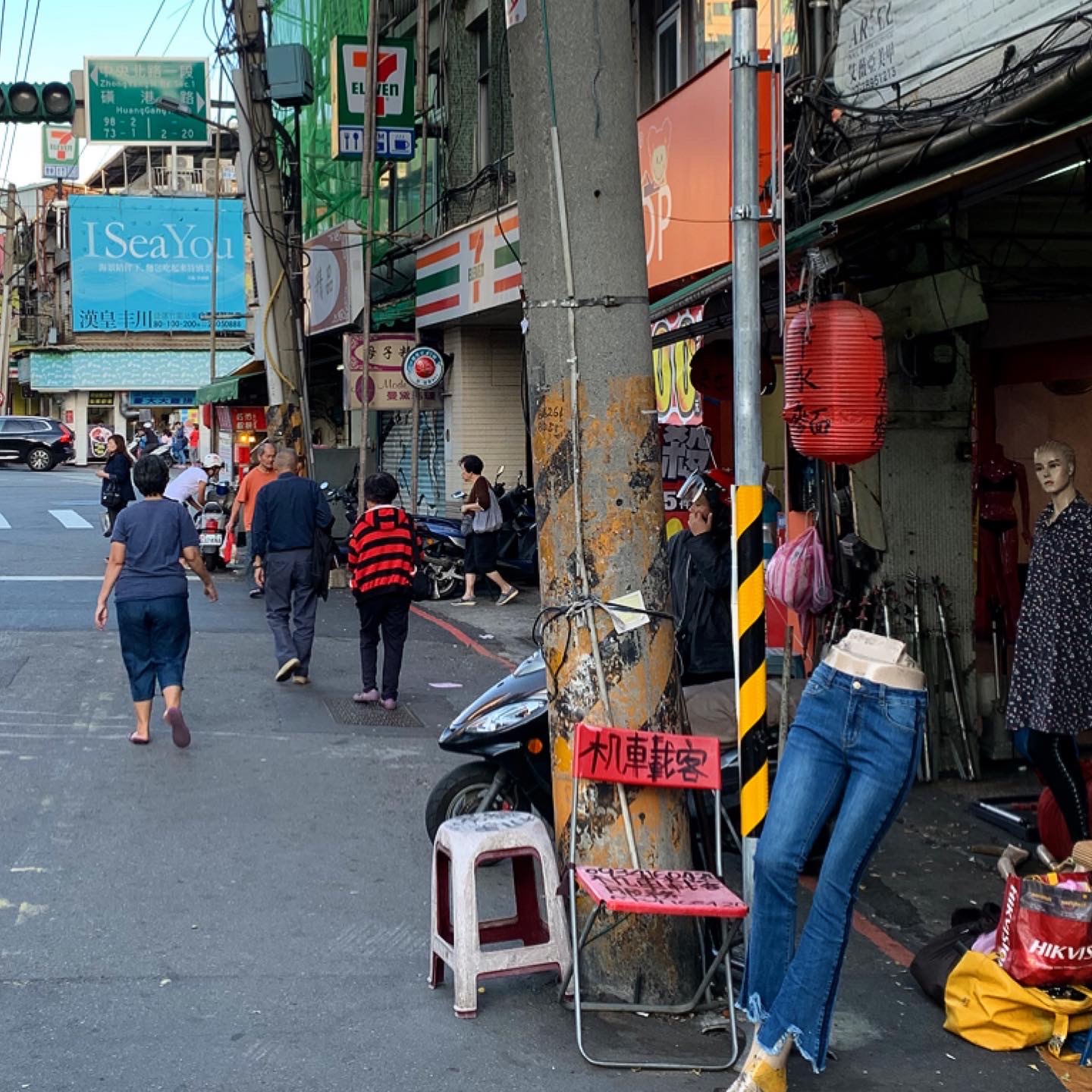 |
| Why is the Han campaign so obsessed with what goes on below the waist? |
It's a common refrain among foreign political geeks in Taiwan to say that the political cleavages in Taiwan don't map exactly onto those in the US. That the KMT has not always been the more socially conservative party on domestic issues - their main thing is that they are all some flavor of China unificationist (Full-Fat Unification Now or Diet Unification - that is, unification at some point in the future). Or that the DPP has not always been the more liberal party despite having "progressive" in their name.
A quick primer for those who don't know why this is a popular analysis: the KMT passed a spate of laws improving women's rights in the 1980s and 1990s, including legalizing abortion and criminalizing marital rape. Explicitly requiring gender equality in the workplace by law, on the other hand, didn't happen until 2002, when the DPP was in power. The two most prominent women's rights activists of the late 20th century were Annette Lu (yes, that Annette Lu) and Lee Yuan-chen. From what I understand, they were otherwise on two different teams politically: women's rights had no party 'color'. The KMT also used to be the party that was more open to immigration (though this has changed). The DPP, on the other hand, had to push its own people - many of whom are pro-independence social conservatives - to pass same-sex marriage. There are conservative Christians who hold lots of influence in both parties. Neither party favors abolishing the death penalty - although the Chen administration leaned in that direction, they never quite got around to eradicating the practice in Taiwan. Executions have taken place under the Tsai administration, as they did under Ma.
I know socially liberal people who vote for the KMT due to either family identity or some sort of sentiment for ROC symbolism and ideology. I also know socially conservative people who vote for the DPP, many of whom voted only reluctantly for Tsai - not because they disagreed with her, but because she's a woman. At the end of the day their choices were driven by identitarianism, and views on China.
This is still mostly true - I don't intend to challenge orthodox beliefs here. But I do want to argue that that's changing, the change is intentional, and we need to pay attention.
I think the 2020 campaign has now reached a point where there is clear evidence that, while the DPP doesn't quite want to embrace its (mostly) newfound social progressivism yet, the KMT is trying to paint them as degenerate liberals, while actively attempting to court the socially conservative vote, many of whom have been traditional DPP supporters.
It became obvious right around the time that Lee Chia-fen - Han Kuo-yu's wife - started up with her Moralizing Mom schtick. First it was "The Megaport festival makes mothers cry" - straight-up patriarchal garbage that could have been spouted by any number of pearl-clutching Republican women. Then it was the fearmongering and easily refuted "children are being taught anal sex and orgasms in schools" (they aren't). She also made vague statements that the new same-sex marriage law was "exploiting" gay Taiwanese and should be "reviewed" if her husband is elected, though she didn't clarify how or why.
To me, such remarks are not only a blatant attempt to scare socially conservative voters into siding with the KMT, but they're also a crude re-enactment of the old gendered conservatism of the authoritarian era. While Chiang Kai-shek symbolized all the militaristic ROC hoo-haa about "defeating the Communists and retaking the Mainland", his wife, Soong Mei-ling, headed up several women's associations and clubs, including the Kuomintang Women's Department, the Women's League, the Chinese Women's Anti-Aggression League and the Taipei International Women's Club, all of which were founded with the goals of upholding KMT rule in Taiwan and restricting women's movements to the traditional, domestic spheres.
Since Martial Law, I can't think of any wives of prominent male leaders, or female leaders themselves, who have taken up that mantle of old-school patriarchal conservatism...until Lee Chia-fen.
Both women seek/sought to secure KMT power through the restrictiveness of the patriarchy. Soong Mei-ling did this with the subtle polish and promise of prestige of clubs and organizations that restricted women's political power and segregated them based on social class (some of her clubs and leagues were specifically for educated women - the TIWC required an English fluency test - whereas others taught "basic skills" like sewing and typing and were aimed at working class Taiwanese women).
Lee is doing it much more directly, with pearl-clutching moral panics about Scary Sex Things being learned by The Children (!!!).
You know, just like socially conservative Republicans do. If they can't grab you with visions of being some sort of cosseted upper-class housewife who doesn't get involved in the dirtier aspects of politics, they bash you over the head with a moral panic.
Of course, it didn't start with Lee.
In this campaign cycle, it seems to have begun with the anti-gay, church-backed activists being welcomed by the KMT, including at Han Kuo-yu rallies, all the way back to 500 years ago when the 2018 elections took place. It was clear then that someone in the blue camp was studying the tactics of US Republicans and trying to turn same-sex marriage into a partisan wedge issue in Taiwan, when it hadn't been one before. They had some success: while I don't think the KMT actually cares that much about who can and can't get married, they sure seemed to act like they cared when it came to a vote. And yet Chiang Wan-an, one of their young faces, whom they will probably run for Taipei mayor in the next election, rode up to the marriage equality vote, voted for one provision and left - probably so he can say he did the right thing when marriage equality becomes normalized in Taiwan without going wholly against the party line. There's no way that wasn't a deliberate strategy.
To keep up the anti-gay signaling until that normalization happens, the one KMTer - Jason Hsu - who wholeheartedly supported marriage equality was recently left off the party list for the next election.
And now, with same-sex marriage mostly moving to the past, we have a pincer move with Lee with her scare tactics on one side, and Han offering up big fat slices of money cake with a scoop of Family Values on the other. It's quite clear he's positioning himself as the "family" candidate, with all the soft, cuddly family stuff coming from him and the attacks on the other side - liberal degeneracy, Scary Sex Stuff, Scary Gay Stuff, you know - coming from her so it isn't quite so closely associated with him.
First, Han proposed that pregnant foreign women moving to Taiwan should be immediately covered under National Health Insurance. This is actually a good idea, except it doesn't go far enough. Pregnant women do have special health care needs that others don't, but lots of people have specific health needs. The reasonable thing to do is cover all new immigrants upon arrival, not just pregnant women. Han's policy is a lovely-sounding proposal that will cost almost nothing (I can't imagine it's extremely common for foreign women to move to Taiwan while pregnant). Of course I believe families should have state-funded resources available to them, but not in a way that idealizes motherhood and leaves child-free couples or singles out.
In addition, Han has proposed to raise the childbirth subsidies that Taiwanese families get. I honestly can't find any clear information on the national subsidies, and what I can find doesn't quite match what the KMT press release stated. What's more, cities and counties also tend to offer subsidy programs to help defray the costs of child-rearing, so how much you can claim in lump sums, annual payments and monthly payments differs based on where you live. None of the amounts are huge, but for lower-income families they do help.
If I'm reading the vaguely-worded press release correctly (and I may not be - they need to fire whoever writes these things) Han is proposing an NT$30,000 lump sum for all firstborn children. Second-borns and onward will get NT$60,000 lump sum payments plus an extra NT$60,000/year until each child reaches the age of six. (And yes, he's calling it the "666" plan, let's not even bother mocking that.)
The idea isn't bad in itself, though it doesn't attack the real problem when it comes to people deciding whether to have kids - low wages. It struck me, though, how much more money you can get for having additional kids. The goal isn't to support Taiwanese families per se - a program that supported families would pay the same subsidy per child regardless of birth order, and would also take care of non-nuclear and non-traditional families, for example, subsidies to care for one's grandparents, fertility treatment coverage for those who have trouble conceiving - including same-sex couples - or subsidies to pay for raising adopted children. It would include a labor policy aimed at increased wages and lower working hours so parents would have more time to spend with their kids, the latter of which South Korea has managed to make strides in achieving. It would fund developmentally-appropriate after-school and summer programs so that parents wouldn't feel compelled to use cram school as a stand-in for daycare if Grandma isn't available.
I don't see Han proposing any of these - in fact, his plan to 'protect workers' doesn't include any of it, and doesn't address low wages It does increase maternity leave, which I support, while not increasing paternity leave, which is negligible in Taiwan - again, idealizing motherhood specifically, not focusing on families.
For him it seems to be just 'have more kids, get more money'. For traditional families only. Also, no foreigners (none of these subsidies is ever made available to families with two foreign parents).
His proposal, then, is to encourage women to have more babies (the press release even states this obliquely). It's to idealize motherhood, not help families. It's to position himself as the traditional family man candidate in contrast to that mean, frosty, single, child-free, technocrat professor. I don't think he'll go so far as to dig up old rumors that Tsai is a lesbian, because his strategists must know that that could backfire (it's also stupid, but I don't think that would stop them). But he'll imply it clearly enough, mark my words.
Before you read about Han's proposals and are inclined to think that he actually cares about women's issues and there's nothing sexist about it, consider his most recent remarks about gender:
I suppose (?) he is implying that the best part of a woman's life is her youth (i.e. when she is pretty), and the second half is worthless, whereas the first half of a man's life is an immature period of figuring himself out, but he becomes more valuable as an older man - that is, looks don't matter as much for him.
And this:
Do those sound like the words of a man who genuinely cares about women as autonomous human beings, or the words of a man who thinks of us as prettily-decorated egg sacks?
While all this is happening, the crazy Christians are at it again trying to get a referendum on the ballot making abortion in Taiwan effectively illegal. They probably won't succeed, but such a proposal could be dangerous in an election year where the KMT is taking a hard social-conservative turn.
And whose strategy does all this sound like?
If your answer is Western-style social conservatives, especially American Republicans, ding ding. You win.
I don't know that the strategy has quite come to fruition yet. The biggest cleavage is still Taiwan/China, or ROC vs. "our country is Taiwan". But it's clearly on the back burner and it seems obvious to me that they're going to be doing more with it as the campaign progresses.
The only question is why. If they already have a cleavage to exploit, why not just do that?
Personally, I think it's because they know that the old ROC nationalism is a long-term loser. The youth don't generally think of themselves as Chinese. Many don't explicitly reject the ROC framework so much as they don't care about it. Ask them what their country is, and they'll say "Taiwan". Even older people have been turning this way for awhile. The KMT is basically now a bunch of unificationists, but they must know that "let's sell Taiwan to China" is a losing platform, or at least it will be in the near-to-medium future.
Social conservatism, especially regarding families and "family values" on the other hand? That has a strong pull in Taiwanese culture. They can still get a few votes out of that. You know, like this: "Hey voters, don't worry your pretty little heads about all that China stuff, focus on how we're the party that loves families andChin--- we mean traditional culture. Unlike those Megaport-going, gay-marriage-doing, anal-sex-teaching people who want to ruin our social fabric, especially that ice-cold single childless woman who runs the show! But Han, he's married and has a kid! You can trust him, he's a real family man!"
And frankly, if you're not noticing the change, perhaps it's time to pay attention. Nothing about it is unintentional.
A quick primer for those who don't know why this is a popular analysis: the KMT passed a spate of laws improving women's rights in the 1980s and 1990s, including legalizing abortion and criminalizing marital rape. Explicitly requiring gender equality in the workplace by law, on the other hand, didn't happen until 2002, when the DPP was in power. The two most prominent women's rights activists of the late 20th century were Annette Lu (yes, that Annette Lu) and Lee Yuan-chen. From what I understand, they were otherwise on two different teams politically: women's rights had no party 'color'. The KMT also used to be the party that was more open to immigration (though this has changed). The DPP, on the other hand, had to push its own people - many of whom are pro-independence social conservatives - to pass same-sex marriage. There are conservative Christians who hold lots of influence in both parties. Neither party favors abolishing the death penalty - although the Chen administration leaned in that direction, they never quite got around to eradicating the practice in Taiwan. Executions have taken place under the Tsai administration, as they did under Ma.
I know socially liberal people who vote for the KMT due to either family identity or some sort of sentiment for ROC symbolism and ideology. I also know socially conservative people who vote for the DPP, many of whom voted only reluctantly for Tsai - not because they disagreed with her, but because she's a woman. At the end of the day their choices were driven by identitarianism, and views on China.
This is still mostly true - I don't intend to challenge orthodox beliefs here. But I do want to argue that that's changing, the change is intentional, and we need to pay attention.
I think the 2020 campaign has now reached a point where there is clear evidence that, while the DPP doesn't quite want to embrace its (mostly) newfound social progressivism yet, the KMT is trying to paint them as degenerate liberals, while actively attempting to court the socially conservative vote, many of whom have been traditional DPP supporters.
It became obvious right around the time that Lee Chia-fen - Han Kuo-yu's wife - started up with her Moralizing Mom schtick. First it was "The Megaport festival makes mothers cry" - straight-up patriarchal garbage that could have been spouted by any number of pearl-clutching Republican women. Then it was the fearmongering and easily refuted "children are being taught anal sex and orgasms in schools" (they aren't). She also made vague statements that the new same-sex marriage law was "exploiting" gay Taiwanese and should be "reviewed" if her husband is elected, though she didn't clarify how or why.
To me, such remarks are not only a blatant attempt to scare socially conservative voters into siding with the KMT, but they're also a crude re-enactment of the old gendered conservatism of the authoritarian era. While Chiang Kai-shek symbolized all the militaristic ROC hoo-haa about "defeating the Communists and retaking the Mainland", his wife, Soong Mei-ling, headed up several women's associations and clubs, including the Kuomintang Women's Department, the Women's League, the Chinese Women's Anti-Aggression League and the Taipei International Women's Club, all of which were founded with the goals of upholding KMT rule in Taiwan and restricting women's movements to the traditional, domestic spheres.
Since Martial Law, I can't think of any wives of prominent male leaders, or female leaders themselves, who have taken up that mantle of old-school patriarchal conservatism...until Lee Chia-fen.
Both women seek/sought to secure KMT power through the restrictiveness of the patriarchy. Soong Mei-ling did this with the subtle polish and promise of prestige of clubs and organizations that restricted women's political power and segregated them based on social class (some of her clubs and leagues were specifically for educated women - the TIWC required an English fluency test - whereas others taught "basic skills" like sewing and typing and were aimed at working class Taiwanese women).
Lee is doing it much more directly, with pearl-clutching moral panics about Scary Sex Things being learned by The Children (!!!).
You know, just like socially conservative Republicans do. If they can't grab you with visions of being some sort of cosseted upper-class housewife who doesn't get involved in the dirtier aspects of politics, they bash you over the head with a moral panic.
Of course, it didn't start with Lee.
In this campaign cycle, it seems to have begun with the anti-gay, church-backed activists being welcomed by the KMT, including at Han Kuo-yu rallies, all the way back to 500 years ago when the 2018 elections took place. It was clear then that someone in the blue camp was studying the tactics of US Republicans and trying to turn same-sex marriage into a partisan wedge issue in Taiwan, when it hadn't been one before. They had some success: while I don't think the KMT actually cares that much about who can and can't get married, they sure seemed to act like they cared when it came to a vote. And yet Chiang Wan-an, one of their young faces, whom they will probably run for Taipei mayor in the next election, rode up to the marriage equality vote, voted for one provision and left - probably so he can say he did the right thing when marriage equality becomes normalized in Taiwan without going wholly against the party line. There's no way that wasn't a deliberate strategy.
To keep up the anti-gay signaling until that normalization happens, the one KMTer - Jason Hsu - who wholeheartedly supported marriage equality was recently left off the party list for the next election.
And now, with same-sex marriage mostly moving to the past, we have a pincer move with Lee with her scare tactics on one side, and Han offering up big fat slices of money cake with a scoop of Family Values on the other. It's quite clear he's positioning himself as the "family" candidate, with all the soft, cuddly family stuff coming from him and the attacks on the other side - liberal degeneracy, Scary Sex Stuff, Scary Gay Stuff, you know - coming from her so it isn't quite so closely associated with him.
First, Han proposed that pregnant foreign women moving to Taiwan should be immediately covered under National Health Insurance. This is actually a good idea, except it doesn't go far enough. Pregnant women do have special health care needs that others don't, but lots of people have specific health needs. The reasonable thing to do is cover all new immigrants upon arrival, not just pregnant women. Han's policy is a lovely-sounding proposal that will cost almost nothing (I can't imagine it's extremely common for foreign women to move to Taiwan while pregnant). Of course I believe families should have state-funded resources available to them, but not in a way that idealizes motherhood and leaves child-free couples or singles out.
In addition, Han has proposed to raise the childbirth subsidies that Taiwanese families get. I honestly can't find any clear information on the national subsidies, and what I can find doesn't quite match what the KMT press release stated. What's more, cities and counties also tend to offer subsidy programs to help defray the costs of child-rearing, so how much you can claim in lump sums, annual payments and monthly payments differs based on where you live. None of the amounts are huge, but for lower-income families they do help.
If I'm reading the vaguely-worded press release correctly (and I may not be - they need to fire whoever writes these things) Han is proposing an NT$30,000 lump sum for all firstborn children. Second-borns and onward will get NT$60,000 lump sum payments plus an extra NT$60,000/year until each child reaches the age of six. (And yes, he's calling it the "666" plan, let's not even bother mocking that.)
The idea isn't bad in itself, though it doesn't attack the real problem when it comes to people deciding whether to have kids - low wages. It struck me, though, how much more money you can get for having additional kids. The goal isn't to support Taiwanese families per se - a program that supported families would pay the same subsidy per child regardless of birth order, and would also take care of non-nuclear and non-traditional families, for example, subsidies to care for one's grandparents, fertility treatment coverage for those who have trouble conceiving - including same-sex couples - or subsidies to pay for raising adopted children. It would include a labor policy aimed at increased wages and lower working hours so parents would have more time to spend with their kids, the latter of which South Korea has managed to make strides in achieving. It would fund developmentally-appropriate after-school and summer programs so that parents wouldn't feel compelled to use cram school as a stand-in for daycare if Grandma isn't available.
I don't see Han proposing any of these - in fact, his plan to 'protect workers' doesn't include any of it, and doesn't address low wages It does increase maternity leave, which I support, while not increasing paternity leave, which is negligible in Taiwan - again, idealizing motherhood specifically, not focusing on families.
For him it seems to be just 'have more kids, get more money'. For traditional families only. Also, no foreigners (none of these subsidies is ever made available to families with two foreign parents).
His proposal, then, is to encourage women to have more babies (the press release even states this obliquely). It's to idealize motherhood, not help families. It's to position himself as the traditional family man candidate in contrast to that mean, frosty, single, child-free, technocrat professor. I don't think he'll go so far as to dig up old rumors that Tsai is a lesbian, because his strategists must know that that could backfire (it's also stupid, but I don't think that would stop them). But he'll imply it clearly enough, mark my words.
Before you read about Han's proposals and are inclined to think that he actually cares about women's issues and there's nothing sexist about it, consider his most recent remarks about gender:
男人的生命是下半,女人的生命是上半 - A man's life is the second half, a woman's life is the first half (translation mine).
I suppose (?) he is implying that the best part of a woman's life is her youth (i.e. when she is pretty), and the second half is worthless, whereas the first half of a man's life is an immature period of figuring himself out, but he becomes more valuable as an older man - that is, looks don't matter as much for him.
And this:
男孩子站衛兵可以一站2個小時,但女孩子站2個小時受不了;但女性在梳妝台上,可以化妝2個小時手不會酸,換作男孩子,手可能會斷掉 - A boy can stand guard for two hours, but a girl can't stand it. Yet a girl can sit and do her makeup for two hours, if a boy does that his arm might fall off (translation mine).
Do those sound like the words of a man who genuinely cares about women as autonomous human beings, or the words of a man who thinks of us as prettily-decorated egg sacks?
While all this is happening, the crazy Christians are at it again trying to get a referendum on the ballot making abortion in Taiwan effectively illegal. They probably won't succeed, but such a proposal could be dangerous in an election year where the KMT is taking a hard social-conservative turn.
And whose strategy does all this sound like?
If your answer is Western-style social conservatives, especially American Republicans, ding ding. You win.
I don't know that the strategy has quite come to fruition yet. The biggest cleavage is still Taiwan/China, or ROC vs. "our country is Taiwan". But it's clearly on the back burner and it seems obvious to me that they're going to be doing more with it as the campaign progresses.
The only question is why. If they already have a cleavage to exploit, why not just do that?
Personally, I think it's because they know that the old ROC nationalism is a long-term loser. The youth don't generally think of themselves as Chinese. Many don't explicitly reject the ROC framework so much as they don't care about it. Ask them what their country is, and they'll say "Taiwan". Even older people have been turning this way for awhile. The KMT is basically now a bunch of unificationists, but they must know that "let's sell Taiwan to China" is a losing platform, or at least it will be in the near-to-medium future.
Social conservatism, especially regarding families and "family values" on the other hand? That has a strong pull in Taiwanese culture. They can still get a few votes out of that. You know, like this: "Hey voters, don't worry your pretty little heads about all that China stuff, focus on how we're the party that loves families and
And frankly, if you're not noticing the change, perhaps it's time to pay attention. Nothing about it is unintentional.


